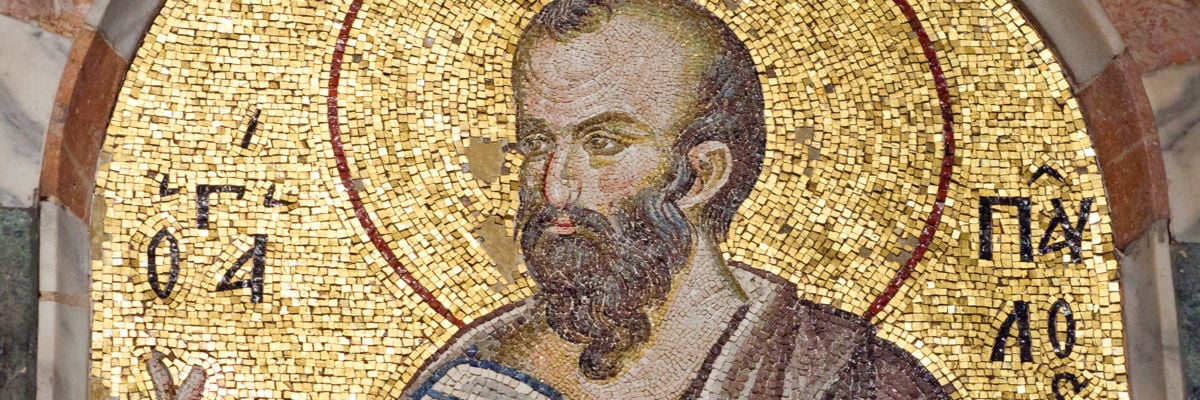
Question:
Answer:
St. Paul was not anti-women. One should not misread him in 1 Timothy 2:11-12, the verses that typically raise the most concern in the larger passage of 1 Timothy 2:8-15. As a leader in the early Church, Paul is not issuing a categorical ban on women in the teaching ministry. He is specifically prohibiting them from the teaching and governing ministry exclusively reserved to the ordained clergy (see 1 Corinthians 14:34-35). That would mean, for example, as it does in the present day, that women cannot give homilies at Mass, a teaching function reserved to priests, and deacons.
St. Paul clearly affirms elsewhere the equal dignity of men and women in Christ (see Galatians 3:28), as well as the fact that women can pray and prophesy otherwise within Christian worship (see 1 Corinthians 11:5). Paul adds that women provide an important service in teaching the Faith in word and deed in other contexts (see Titus 2:3-4).
For more information on the role of women in both the early Church and contemporary times, please see the Congregation for the Doctrine of the Faith’s declaration Inter Insigniores (On the Question of Admission of Women to the Ministerial Priesthood).



